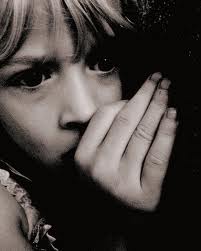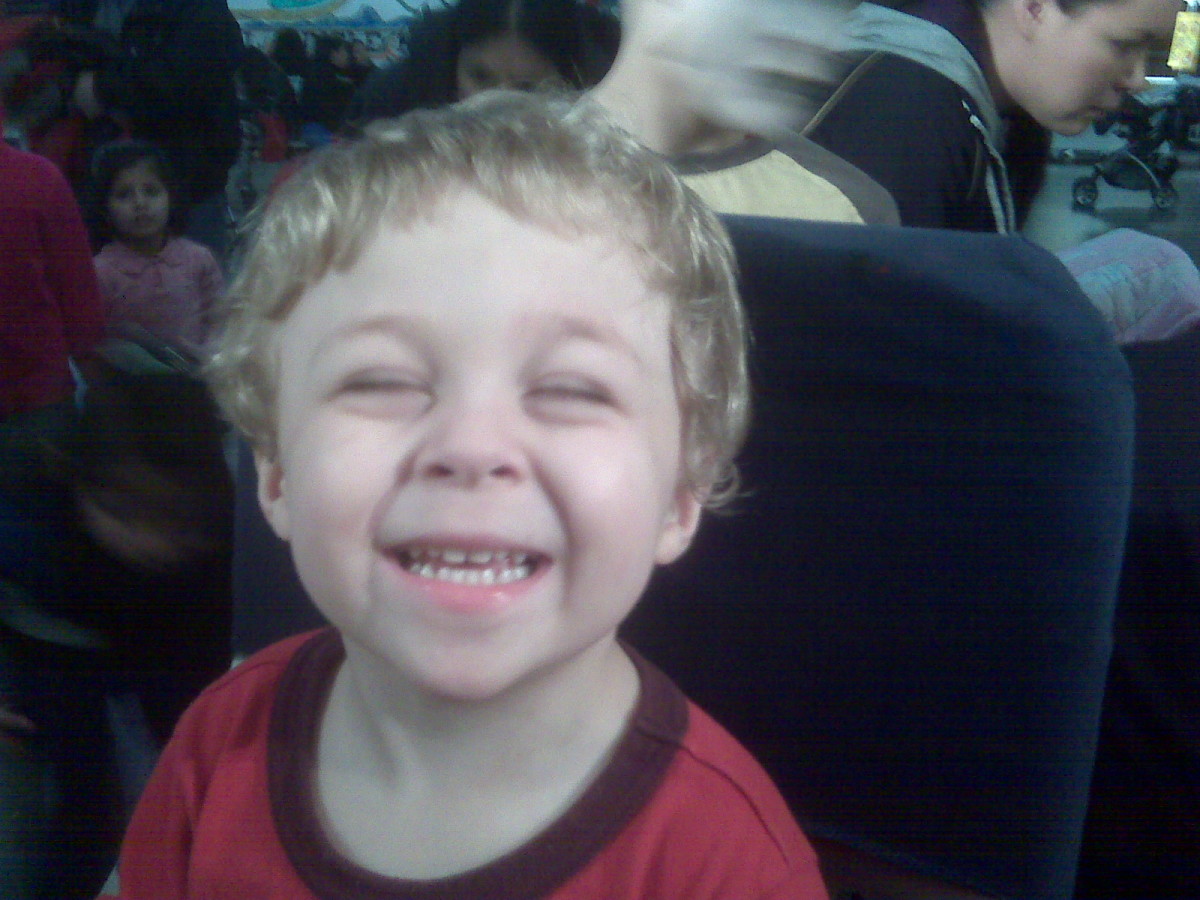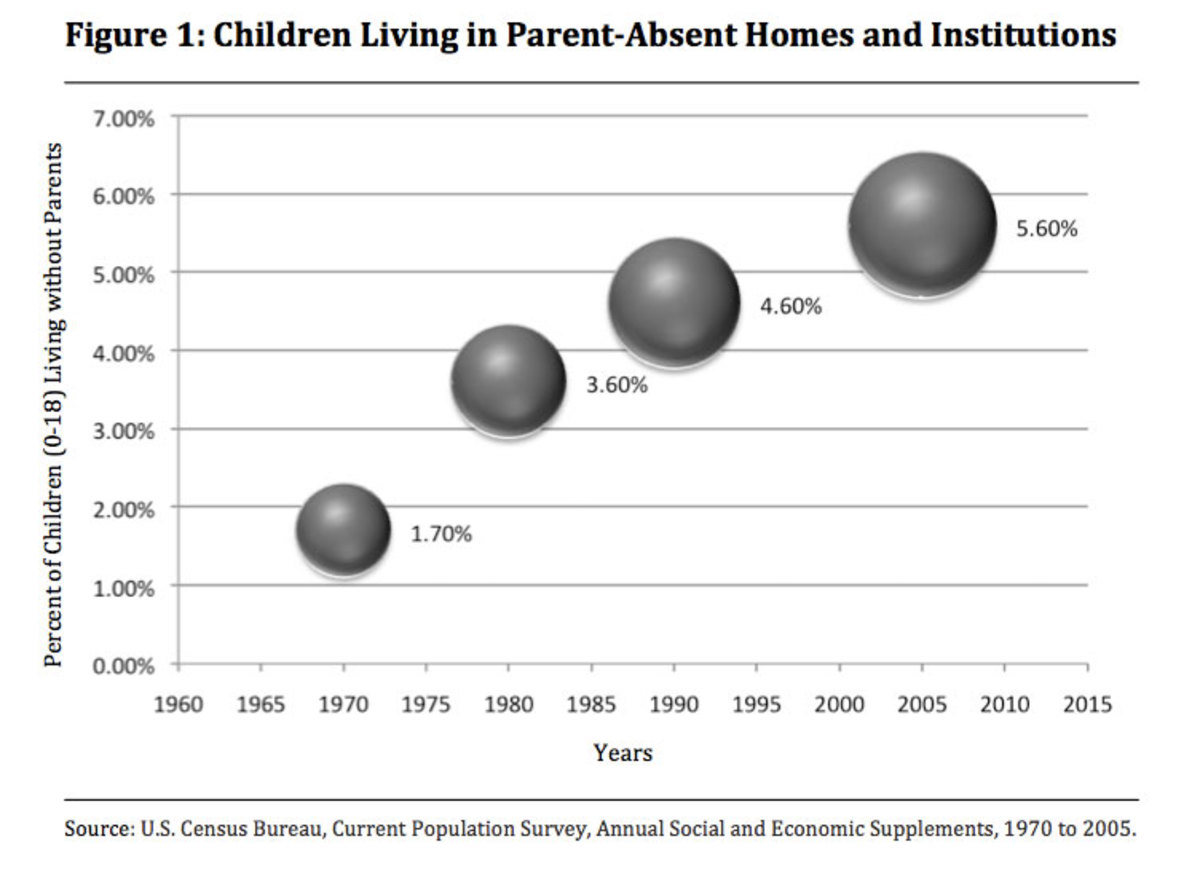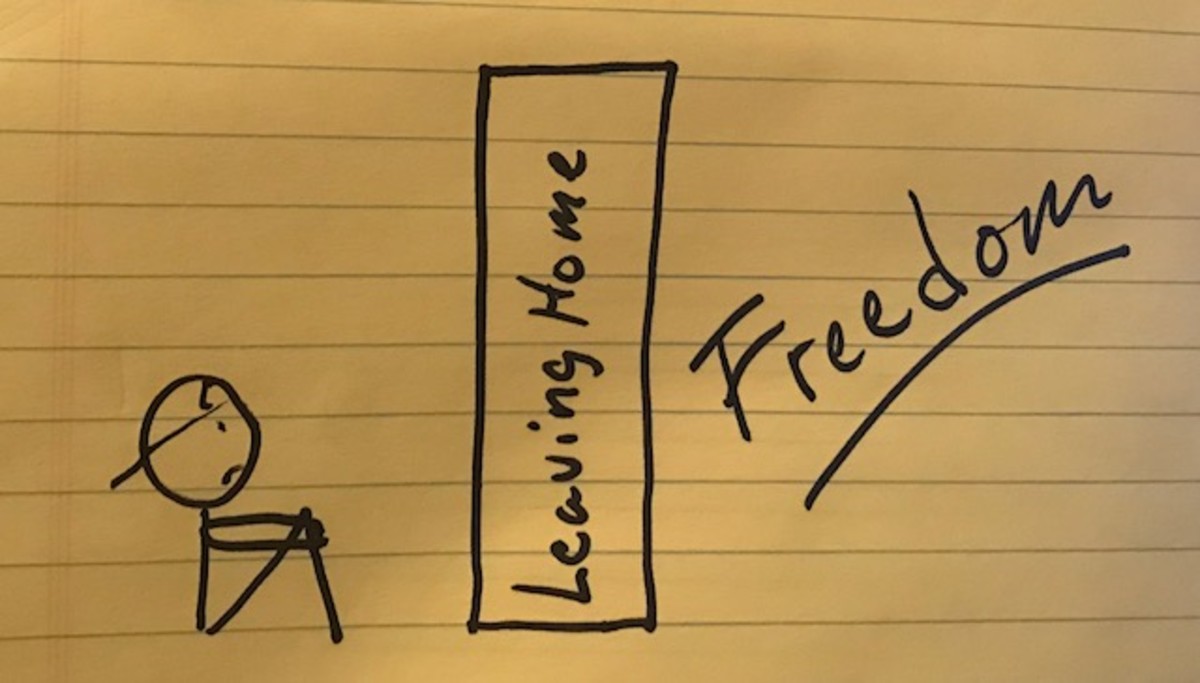ABANDONMENT Explained




Abandonment is the abdication of interests and claims over one's offspring with the intent of never again resuming or reasserting them. These includes: physical/biological, emotional, intellectual, moral/spiritual aspects of the child. When we neglect the children’s needs is the initial step of abandonment because there is no one to provide for the child’s needs, there’s no one to mirror in order to affirm the worth and values as a person.
Parents abandon the children in the following ways:
1. By actually physically leaving them.
2. By not mirroring their own emotions for their children.
3. By not being there to affirm their children’s expressions of emotion.
4. By not providing for their children’s basic needs.
5. By physically, sexually, emotionally, and spiritually abusing them.
6. By using children to take care of their own unmet dependency needs.
7. By using children to take care of their marriages.
8. By hiding and denying shame secrets to the outside world so that the children have to protect these covert issues in order to keep the family balance.
9. By not giving them their time, attention and direction.
10. By acting shameless.
In abandonment the order is reversed instead of the parents taking care of the children, children have to take care of the parents. The self – worth of the child is destroyed by abandonment, the child is alienated. Thus, the child forms a false mask in order to hide the pain and the isolation the child felt. This child grows into adulthood but since ones needs are not met, ones growth is hampered and the child is trapped within.
These are the symptoms of Abandonment:
1. Powerlessness: Core Self is Shame – Based – experience is painful because the adult child thinks there is something wrong.
2. Otheration: self – worth comes from other people’s approval.
3. Powerlessness: Delusion, Denial, Defenses – the adult child pretends there’s nothing wrong.
4. Extremes: the adult child thinks all or nothing.
5. Powerlessness: Primary, Progressive, Pervasive – Violating one’s core values
6. Emotional Constraint: the adult child is unable how to express the right emotion.
7. Powerlessness: Noetic Disorders – the adult child always looks for something to solve.
8. Disabled Will : the adult child wants to control things even if it can’t be controlled.
9. Powerlessness: Enmeshed Boundaries – the adult child is not really certain about ones true feelings.
10. Narcissistic Deprivation : the adult child is driven to acquire things which one lacks as a child.
11. Communication Problems: the adult child doesn’t know how to respond appropriately.
12. Emptiness: the adult child doesn’t know ones worth as a person.
Note: In order to understand: Parenting our Inner Child, a hub I wrote prior to this; I elaborate the concept about Abandonment.









